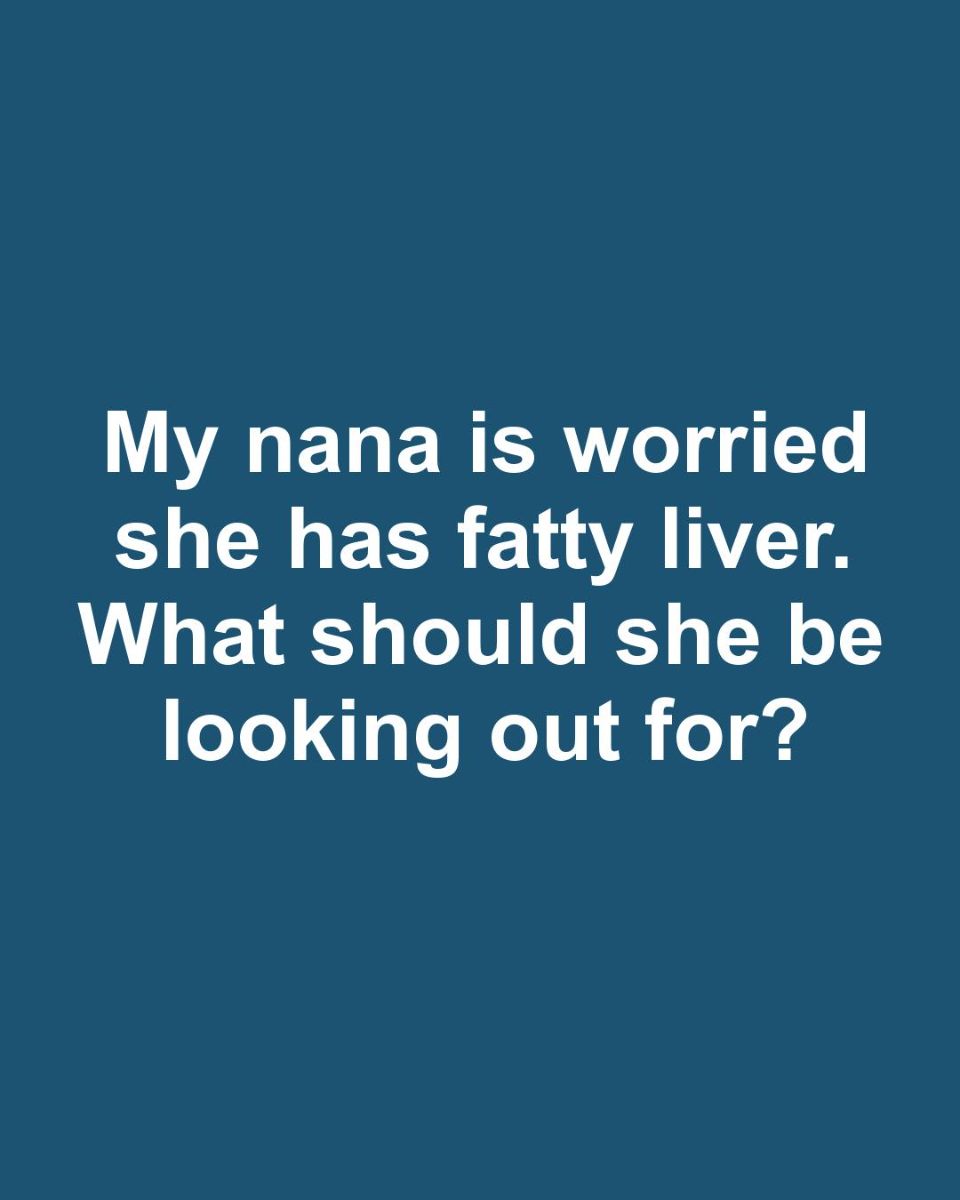Diagnostic Procedures for Fatty Liver

Please help my nana
Diagnosing fatty liver disease typically involves a combination of medical history review, physical examination, and diagnostic tests. Blood tests can help assess liver function and rule out other liver conditions. Imaging studies, such as ultrasound, CT scan, or MRI, can visualize fat accumulation in the liver. In some cases, a liver biopsy may be necessary to determine the extent of liver damage and to distinguish between simple fatty liver and more severe forms, such as non-alcoholic steatohepatitis (NASH).
Lifestyle Changes to Manage Fatty Liver
Lifestyle modifications are crucial in managing fatty liver disease. These include achieving and maintaining a healthy weight through regular physical activity and a balanced diet. Reducing alcohol intake is essential, especially in cases of alcoholic fatty liver disease. Engaging in regular exercise, such as brisk walking, cycling, or swimming, can help improve liver health and overall well-being.
Dietary Recommendations for Fatty Liver
A diet rich in fruits, vegetables, whole grains, and lean proteins is recommended for individuals with fatty liver disease. Limiting saturated fats, refined carbohydrates, and sugars can help reduce liver fat. Incorporating foods high in omega-3 fatty acids, such as fish, nuts, and seeds, may also be beneficial. Staying hydrated and avoiding sugary drinks and excessive caffeine is advised.
Medical Treatments for Fatty Liver
While there is no specific medication for fatty liver disease, managing underlying conditions such as diabetes, high cholesterol, and obesity can help. In some cases, doctors may prescribe medications to control these conditions. Vitamin E and certain diabetes medications have shown promise in treating non-alcoholic steatohepatitis (NASH), but their use should be discussed with a healthcare provider.
When to Consult a Healthcare Professional
It is important to consult a healthcare professional if there are concerns about fatty liver disease, especially if symptoms such as persistent fatigue, abdominal pain, or jaundice are present. Early diagnosis and intervention can prevent the progression to more severe liver damage. Regular check-ups and liver function tests can help monitor the condition.
Preventive Measures for Maintaining Liver Health
Preventive measures include maintaining a healthy weight, eating a balanced diet, exercising regularly, and avoiding excessive alcohol consumption. Managing chronic conditions such as diabetes and high cholesterol is also important. Vaccinations for hepatitis A and B can protect against viral infections that may harm the liver.
Support and Resources for Patients with Fatty Liver
Support groups and educational resources can provide valuable information and encouragement for individuals with fatty liver disease. Organizations such as the American Liver Foundation offer resources and support networks. Consulting with a registered dietitian or nutritionist can also provide personalized dietary advice and help in managing the condition effectively.
